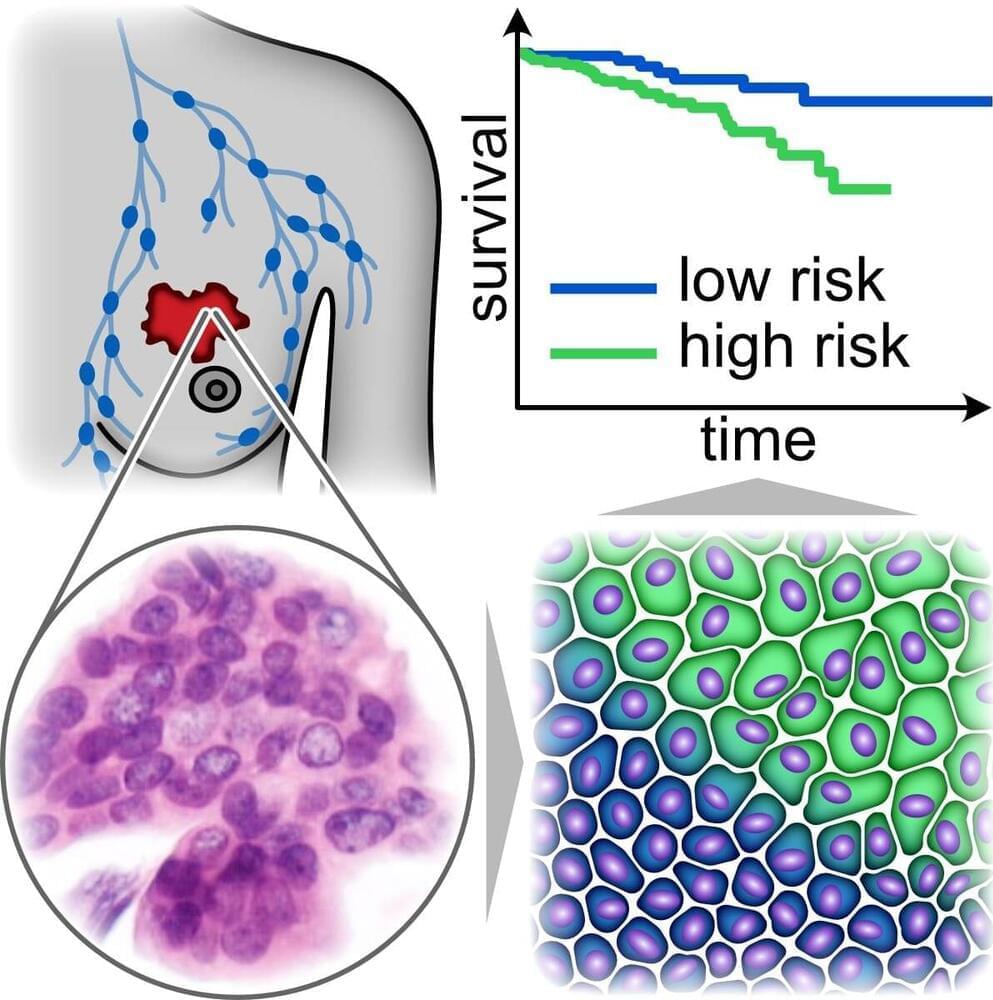
Adults with a diagnosis of carpal tunnel syndrome are 39% more likely to develop HF during 10 years of follow-up, especially amyloidosis, compared with those without a carpal tunnel syndrome diagnosis, researchers reported.
“The increased rate of HF among patients with carpal tunnel syndrome requires attention because HF is a common disease associated with high mortality,” Mark Luedde, MD, from Christian-Albrechts-University of Kiel and Cardiology Joint Practice in Bremerhaven, Germany, and colleagues wrote in JAMA Network Open. “Early diagnosis of HF is a key to successful treatment, particularly for [transthyretin] cardiac amyloidosis, which has been associated with carpal tunnel syndrome in a recent study.”
In a retrospective study, Luedde and colleagues analyzed data from 81,898 adults from 1,284 general practices in Germany with an initial diagnosis of carpal tunnel syndrome from 2005 to 2020, using the Disease Analyzer database. The mean age of patients was 53 years and 66.7% were women. Researchers used propensity-score matching to match patients without carpal tunnel syndrome to those with carpal tunnel syndrome. The main outcome was the initial diagnosis of HF up to 10 years after the index date of carpal tunnel syndrome diagnosis. As a negative control, researchers analyzed the association of carpal tunnel syndrome with cancer.


















